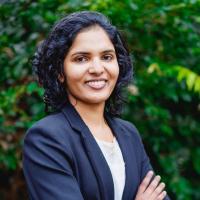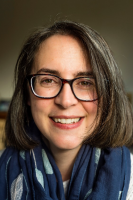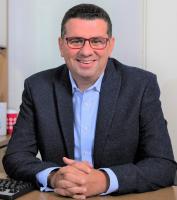IGAC Relevant
-Atmospheric Chemistry GRS (Early Career)
The Atmospheric Chemistry GRS provides a unique forum for young doctoral and post-doctoral researchers to present their work, discuss new methods, cutting edge ideas, and pre-published data, as well as to build collaborative relationships with peers.
IGAC Relevant
-Atmospheric Chemistry GRC
The Atmospheric Chemistry GRC is an international scientific conference focused on advancing the frontiers of science through the presentation of cutting-edge and unpublished research, prioritizing time for discussion after each talk.
IGAC Relevant
-International Conference on Southern Hemisphere Meteorology and Oceanography
ICSHMO 2025 promises to be an extraordinary gathering of scientists, researchers, and professionals from around the globe, offering a platform for the exchange of innovative ideas, cutting-edge research, and groundbreaking developments. This conference is particularly pertinent today as the world faces numerous environmental challenges, including the impacts of climate change. According to the 2024 Global Risk Report, extreme weather events are identified as the most significant risks the world will confront over the next decade.
IGAC Relevant
-Health Effects Institute Annual Conference
Please mark your calendars for HEI's next Annual Conference Sunday, May 4 - Tuesday, May 6, 2025 at the Austin Marriott Downtown in Austin, Texas. The conference is always a great opportunity to hear about cutting edge research related to environmental exposure assessment and environmental health and for connecting with friends, peers, and colleagues. The 3-day event will include updates on HEI-funded research, scientific sessions, keynote speakers, poster presentations, and much more.
IGAC Sponsored
-21th GEIA Conference--Emissions Science for a Transitioning World
21th GEIA Conference -- Emissions Science for a Transitioning World
9-11 July 2025 Abidjan, Ivory Coast Félix Houphouet Boigny University
IGAC Sponsored
-The 6th ACAM workshop & the 6th ACAM training school
n June 2025, the ACAM community will gather in Bali, Indonesia for its 6th biennial workshop and training school. Since the first ACAM workshop in 2013 in Kathmandu, ACAM events have been held at locations across the Asian monsoon region, including Thailand, China, Malaysia, and Bangladesh. Over this period, ACAM has promoted close coordination across satellite observations, field campaigns, and modeling to better understand and characterize the interactions between atmospheric composition and the Asian monsoon.
IGAC Relevant
-Air Sensors International Conference
Discover the Future of Air Quality Monitoring at ASIC 2025 Southeast Asia
May 19, 2025 - May 22,2025 | 8:00 AM - 5:00 PM


